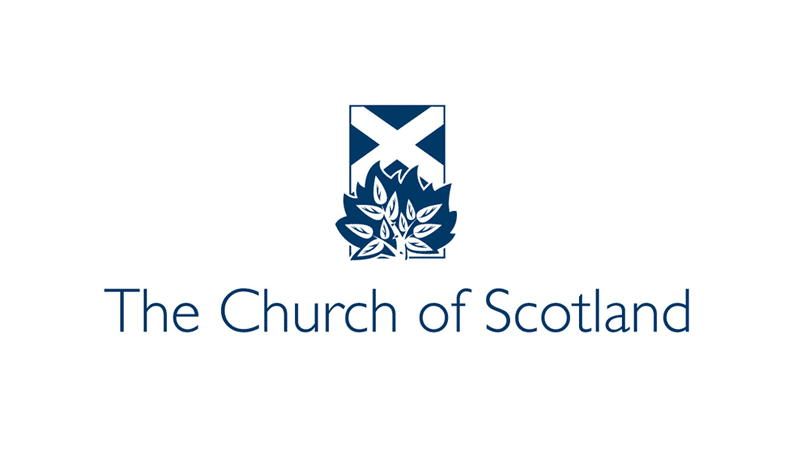The relationship between the vulnerable and those with a duty of care would be “irredeemably altered” if society embraced assisted suicide, the Church of Scotland has warned.
Writing in The Scotsman, its moderator, Rt Revd Dr Iain Greenshields, said the Kirk remained implacably opposed to allowing any form of assisted suicide.
Under Liam McArthur MSP’s Assisted Dying (Scotland) Bill, anyone aged 16 or over deemed terminally ill and who has been resident in Scotland for 12 months would be allowed to receive help to kill themselves.
Life devalued
Revd Dr Greenshields reaffirmed the Church of Scotland’s commitment to the care of “those approaching the end of their lives” and to the “provision of better palliative care”.
He said: “The current societal prohibition on killing is clear; to move away from this would not be a simple modification of the law, but would represent a significant shift from which there would be no return.”
This, he suggested, would have “profound effects on how society regards those in our communities who are vulnerable”, including the elderly, the infirm and those with disabilities.
The current societal prohibition on killing is clear; to move away from this would not be a simple modification of the law, but would represent a significant shift from which there would be no return
Cost-savings
Greenshields said the Kirk was “concerned that, should assisted dying be legalised, the way our society views older people and those with disabilities will, over time, become more utilitarian”.
He argued that a removal of current protections would result in the “lives of those on the margins of society” being seen “as less valuable or even burdensome”.
“Given the pressure on healthcare resources”, he added, “we are also very concerned that assisted dying could be seen as providing an opportunity for cost-saving”.
Confused
The moderator feared that there was “considerable confusion in the general public” about what the term ‘assisted dying’ really means, which he said needed remedying to allow a more informed debate about such an “important and sensitive” issue.
In one survey, he reported, many respondents thought the expression meant “supportive care at the end of life” or patients opting for “ending life-prolonged treatment”, rather than “providing people with lethal drugs to end their life”.
He went on to conclude: “The end of a person’s life involves not simply the moment of their death, but also how they experience their final days and weeks. A good death does not need to be one which is hastened.”The current societal prohibition on killing is clear; to move away from this would not be a simple modification of the law, but would represent a significant shift from which there would be no return
MPs take stand against assisted suicide
‘Let there be no death-clinics in Jersey’, RC Bishop warns
Killing people saves money, says Canadian study
Poor mental health and poverty enough for assisted suicide in Canada



